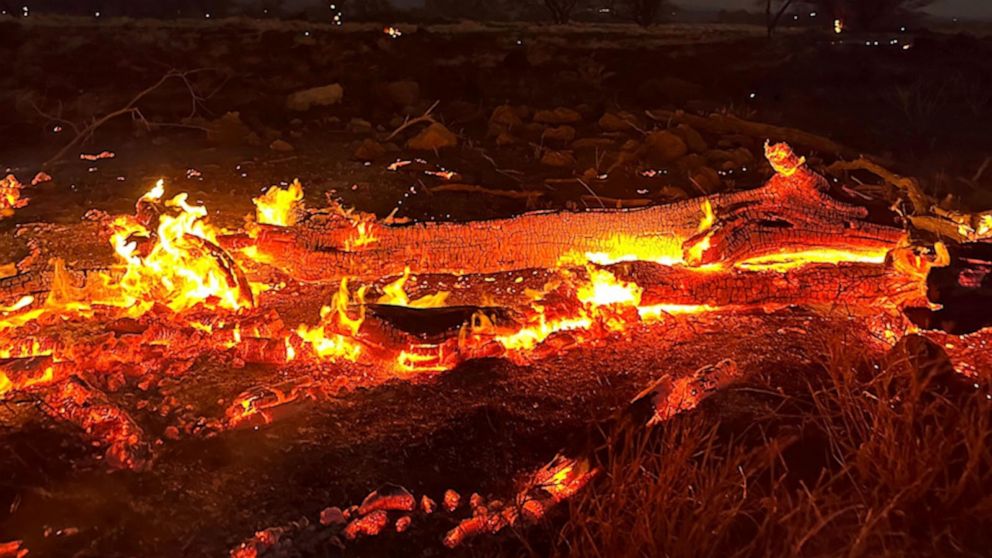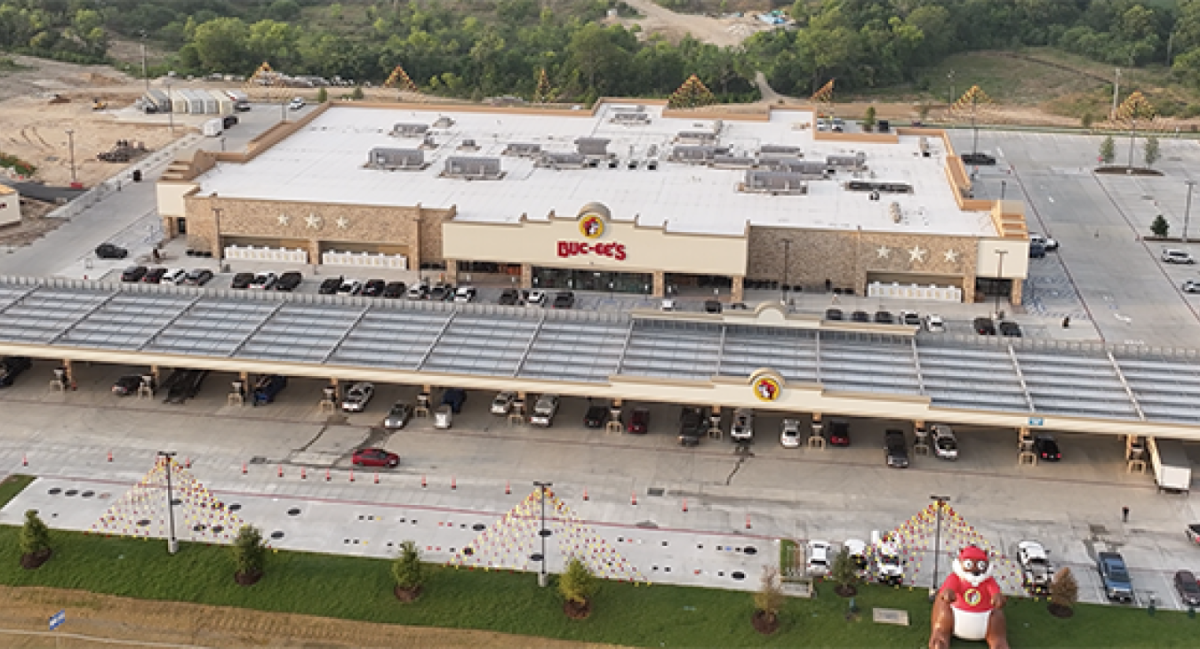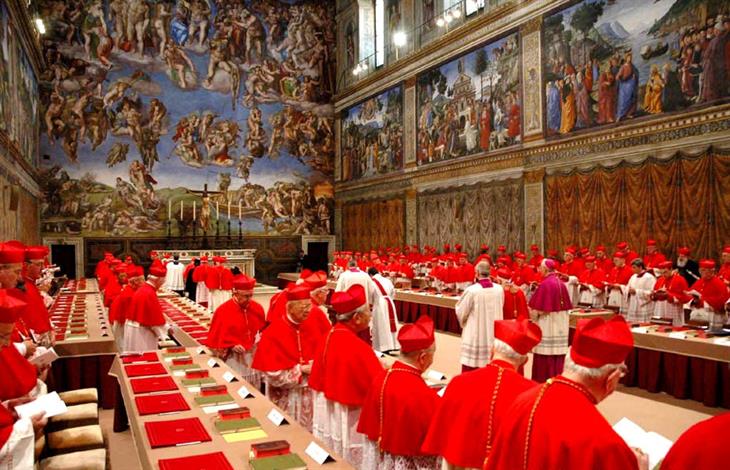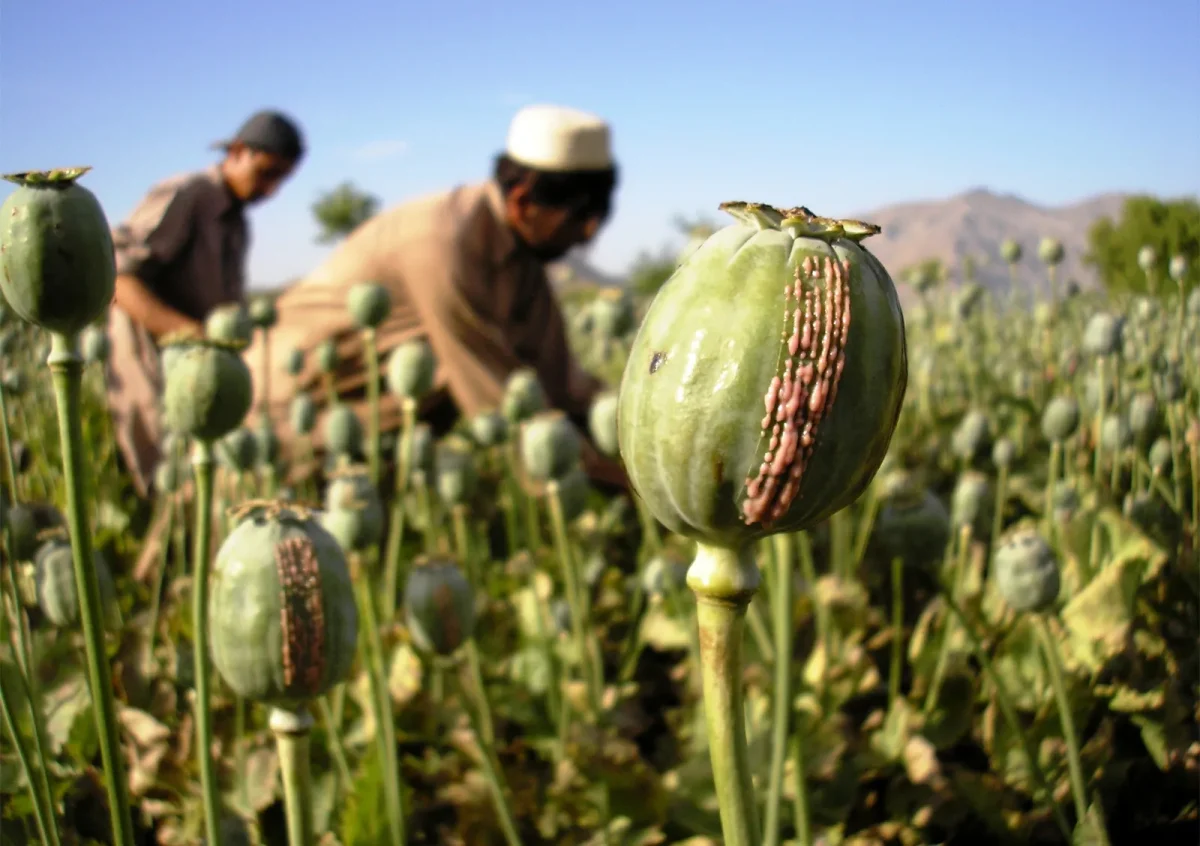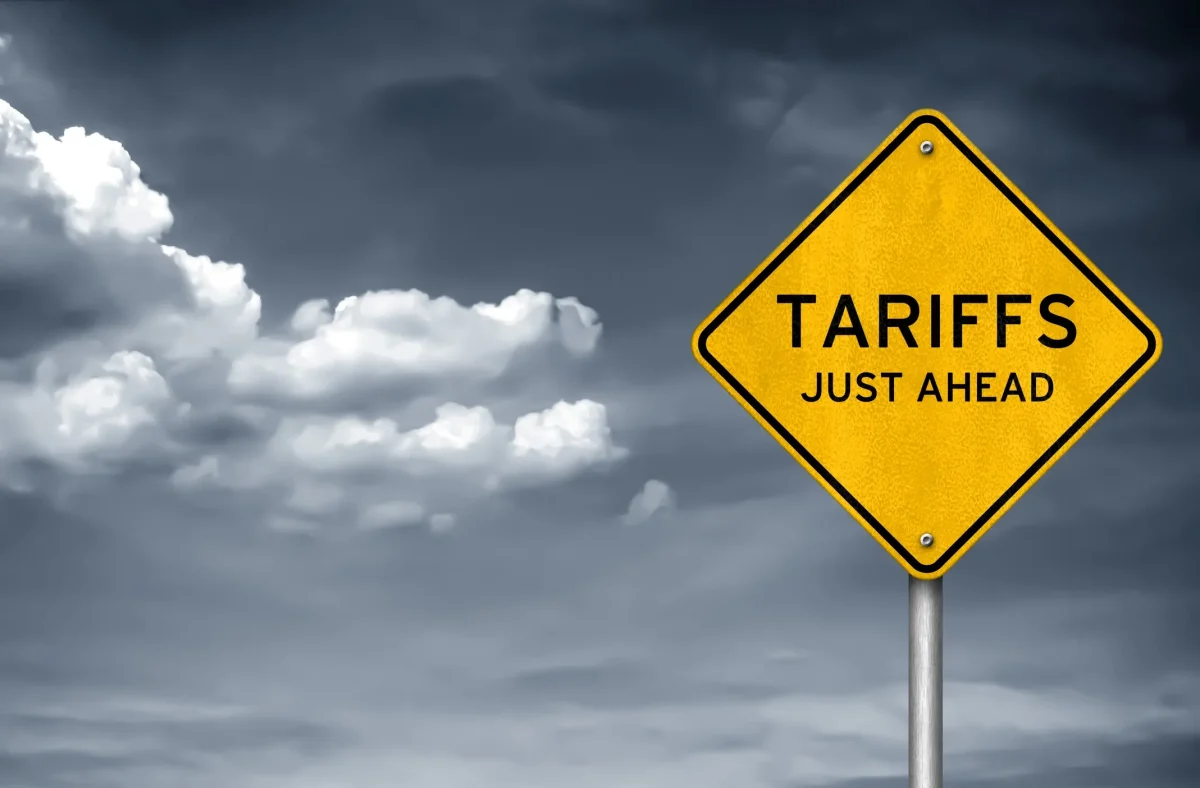The Maui wildfires prevail as the deadliest fires in over 100 years. According to CNN, the death toll is currently 115 with over 1,000 others injured or missing with the death toll still rising. On top of this, over 2,200 homes burnt down with some still not found.
“It’s heartbreaking and devastating for the island of Maui, especially Lahaina has been completely devastated, so there’s a complete loss,” AP Environmental Science teacher Emily Baker said. ¨But, we need to start looking at ways that we can utilize those resources that are available.¨
Hawaiians lost hope as the death toll rose and the fires still blaze, causing theories to rise about the fires started. The leading theory is at the hands of Hawaiian Electric as they did not turn off the power lines during Hurricane Dora. This caused a tree to fall onto the active power lines, igniting the original fire that eventually spread.
“It was kind of a perfect storm, meaning there were conditions on Maui, ” Baker said. “You had Hurricane Dora, so those winds were affecting it, helping spread the fire.”
While other theories rise, the Hawaiian Electric theory makes the most sense to environmentalists. They will continue to look for other reasons, but as of now, environmentalists call Maui a once in a lifetime occurrence. They theorize that the damage already done caused the land to lose vital nutrients needed to survive, making the land stressed and depleting it faster.
“Tourists are coming in and using more resources and depleting already stressed lands, so I think they need to hold off on tourism,” Baker said.
The wildfires will have a vital effect on Hawaii’s main source of economy, tourism. According to the Hawaiian Tourist Authority, tourists spent $17.56 billion in Hawaii last year on a plethora of categories. Hawaiians rely on an economy of tourism, having most of their jobs in resorts, construction sites, and shops to support the need for tourists. The wildfires force unemployment to Hawaiians who have made a career in tourism. Now, Hawaiians advise all people who have planned their trip to Maui or the rest of Hawaii to cancel their trips immediately. Despite this, according to the Department of Business, Economic Development, and Tourism (DBEDT), on August 16, 2,256 people still traveled to Maui.
“I was kind of astonished because I had just recently visited there.” Junior Ricky Perez said. “No one is ever gonna have the same opportunity to see how beautiful Maui was because now it’s gone.”
The vegetation and landscape is in pieces across Hawaii. Environmentalists estimated that Maui may never recover from the fires with so many resources depleted. More than 2,500 acres have completely burnt with other fires still burning with little left to put out. President Joe Biden and First Lady Jill Biden visited Maui to survey the destroyed land and advise Americans to cancel their trips to Maui on Tuesday. Biden explained that Maui’s loss is devastating and those lost are not forgotten. Biden also expressed his condolences and is providing critical assistance. He promised aid to Hawiians and plans to increase funding by sending each affected family a $700 check next week.
“I don’t think people can come back from that and they are still looking for people.” Perez said.
Hawaiian governor, Josh Green, is looking for ways to find missing Hawaiians. He dedicates himself to promise hope for all people, as he plans on making a statement on his findings next week. He advises that all Americans remain hopeful as the tragedy is soon to pass.
“I have started to talk about the situation in my AP Environmental Science (APES),” Baker said. “I’m just helping spread awareness. I think once we get our better idea of exactly what [Hawaiians] need, then we can look for more specific ways to help”
As awareness about the wildfires is rising, there is only so much that can be done. However, Americans remain optimistic as the fires continue to settle. Millions of people are already showing their support, and those thoughts will keep Hawaiians hopeful.
“Many people had lost their lives and their homes and if that were to happen here in Plano, we would want people to help as well,” Perez said.



